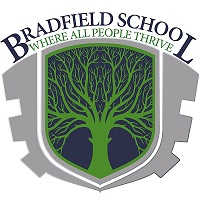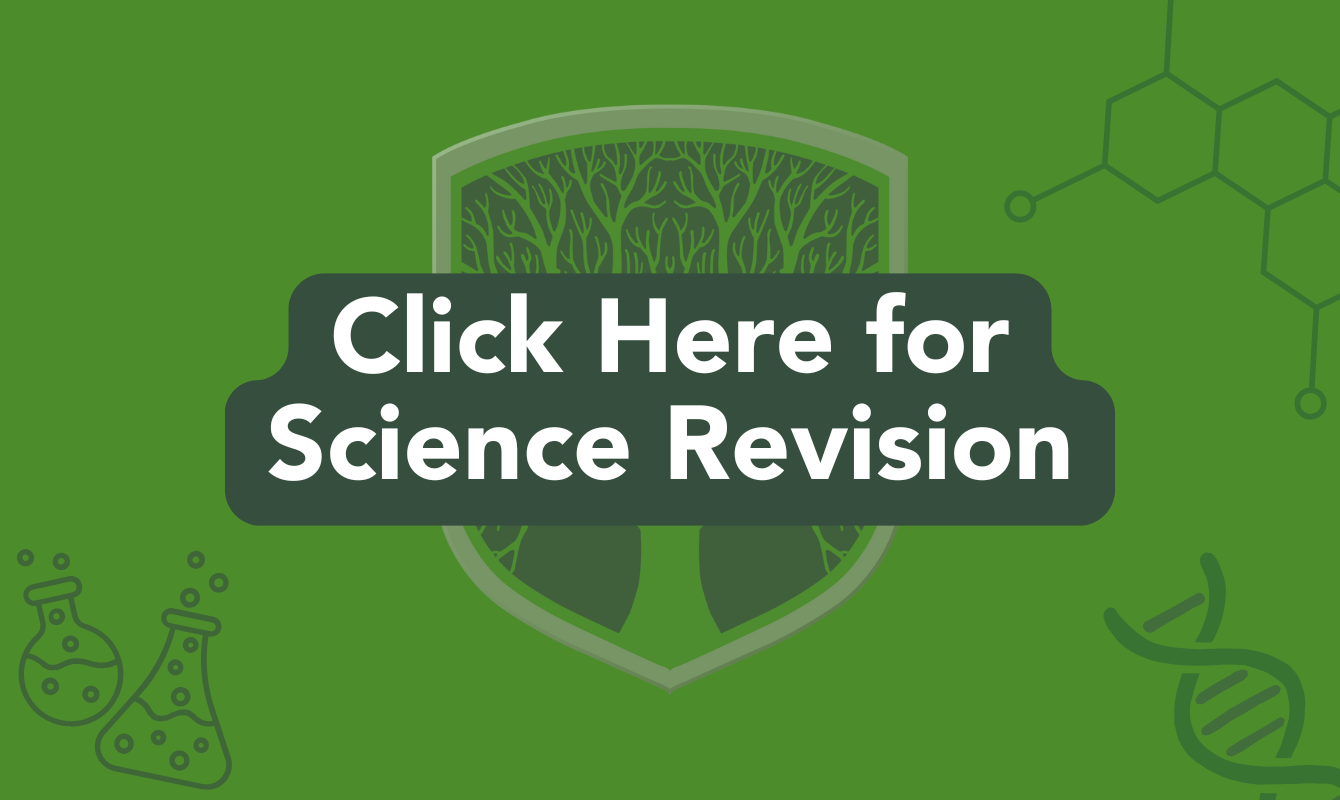Science
What is our curriculum intention and purpose?
We want to develop a love and curiosity for learning and understanding Science and foster a lifelong interest in scientific developments and understanding in an ever-changing world. We want to inspire and encourage students to build cultural capital, have an appreciation and understanding of the relevance and impact science has on the local community and the wider world.
Science at Bradfield focusses on breadth and depth of science knowledge, skills and understanding and its application. This is built sequentially, encouraging students to question, investigate and challenge like a scientist. Carefully embedded practical opportunities encourage students to actively seek solutions, make observations, collect and analyse data, question evidence to understand developments and enable them to make informed decisions.
Links to further education and careers are woven into every topic throughout all key stages, to continually raise the aspirations of our students and expose them to the possibilities and opportunities open to them, in this exciting field.
What is our learning journey?
How is the curriculum sequenced?
The Science curriculum has been designed and sequenced to develop knowledge, skills and understanding across all Key Stages.
Careful consideration has been given to ensure a logical and strategic sequence of learning throughout the Key Stages; based on the key ‘Big ideas’ of the three science disciplines. This allows the pupils to clearly see what topics within each of the sciences are linked and how the knowledge builds on one another throughout Year 7 – 11.
In addition to the progressive sequencing of knowledge we ensure that there is consistent retrieval practice throughout. This enables gaps in knowledge and misconceptions to be addressed to ensure coherence and allows the building blocks of key concepts to become embedded in the learning of science.
What will my child experience in a typical Science lesson?
In a typical science lesson:
We build depth of understanding as students move from years 7-11
Every lesson has a retrieval starter to activate prior knowledge which is linked to new learning. Students will upgrade their answers with green pen and students will be asked questions to check for understanding. New knowledge is then presented with opportunities to practice and regular questioning of students. We have high expectations of engagement in learning. Teachers will model answers including the metacognitive processes and students are then given time for independent application of this new material. The key points will be summarised and understanding checked again at the end of the lesson.
Students are given a glossary of key terms and a knowledge organiser at the beginning of each topic and are encouraged to use these when needed during the lesson and for homework tasks.
We aim for a practical activity every week in Y7 and 8 to build working scientifically skills. In Y9-11 the frequency of practical tasks varies depending on the current topic."
How do we assess progress?
Retrieval starters are carefully planned to ensure key ideas are revisited. We have two TSAT assessments per year with focussed revision both in the preceding lessons and for homework. Low stakes testing is used consistently, and we have regular interim assessments which are teacher marked with whole class feedback so students can upgrade their answers and identify any knowledge gaps. Assessment dates are displayed on the learning journey in student books with space to add their marks.
How do we extend and enrich our curriculum?
We have an after-school science club where students experience a variety of practical activities which they would not see in their usual curriculum lessons, we also have regular guest speakers to share their own science journeys.
Revision is offered in all three disciplines after school to support Y11 in their science studies.
Careers information is shared in every topic, and we strive to ensure real life examples are used so our students understand the relevance of the topics they are studying.
What higher education and career opportunities can this subject lead to?
We understand the importance of equipping pupils with the scientific knowledge and skills to understand and question the world around them.
The subject of science at Key Stage 5 can be linked to a variety of different fields, from those well-known academic pathways such as aerospace, engineering and medical, to less well-known connections such as fashion and beauty.
We hope that pupils will go on to choose to study higher education in the form of A levels in Biology, Physics or Chemistry or diploma courses such as animal management at college.
How can I support my child in Science?
Please encourage your child to be curious about the world around them; observing nature, taking an interest in environmental issues, researching how things work are just a few of the fascinating aspects of science that can be studied outside the curriculum.
Key Stage 3
| Year 7 | Year 8 | |
|
|
The three science disciplines are taught on a rotation for most groups. Biology
Chemistry
Physics
|
GCSE Biology
| Year 10 | Year 11 |
|
|
GCSE Chemistry
| Year 10 | Year 11 |
|
|
GCSE Physics
| Year 10 | Year 11 |
|
|

